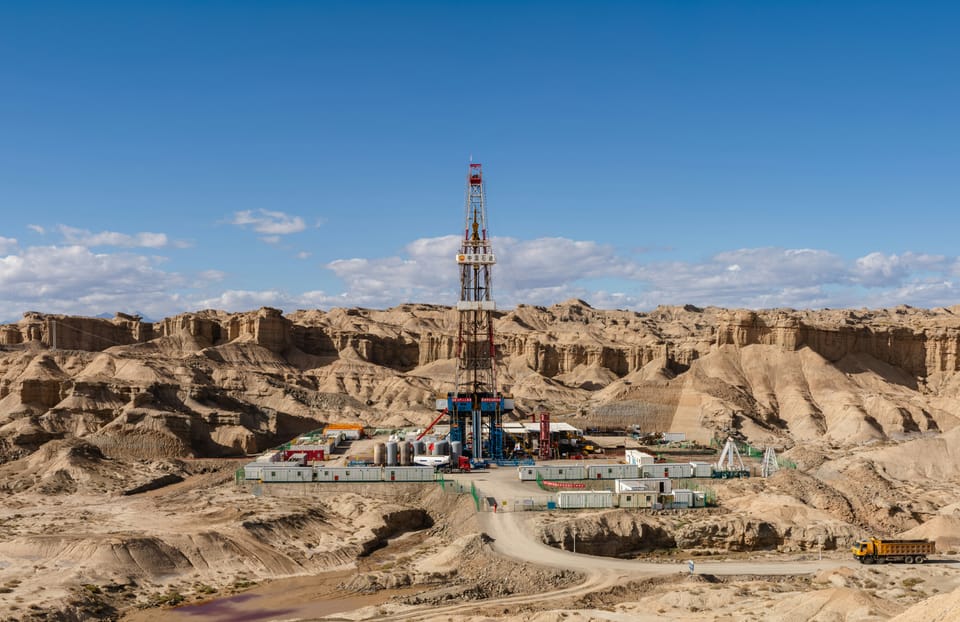FIs strengthen climate policies for oil and gas

Financial institutions including ING Bank and Zurich Insurance are strengthening their climate expectations for energy clients and divesting from new oil and gas developments.
The two financial institutions announced changes in their oil and gas investment policies this week: Zurich in its inaugural climate transition plan, and ING in its climate progress update.
ING stops financing new oil and gas fields
The Dutch bank has now stopped all new general financing to pure-play upstream oil and gas firms that continue to develop new oil and gas fields – after committing to fully phasing out financing of oil and gas exploration and production to zero by 2040.
ING made the decision after assessing its upstream oil and gas portfolio, which includes “a high proportion of pure-play companies”: “Their climate action focus is on producing fuel in the most environmentally and socially responsible way, through Scope 1 and Scope 2 operational emissions reduction, rather than transitioning to new business models based on renewable energy,” the bank concluded.
From now on, the bank will also no longer provide funding for midstream infrastructure enabling new oil and gas fields. In addition, it will stop providing financing for new LNG export terminals after 2025.
ING provided more than US$106 billion to the fossil fuel industry between 2016 and 2023, and was the sixth financier of Arctic fossil fuel extraction companies last year, according to the Banking on Climate Chaos report.
Zurich expects ‘credible transition plans’ from oil and gas producers
Zurich Insurance made a similar decision in April 2024, as it stopped underwriting new oil and gas projects. Now, the company has published its first climate transition plan, which highlights further changes in its client engagement strategy.
Zurich expects oil and gas producers in its client portfolio to have “credible transition plans aligned to achieving net-zero by 2050, with interim targets and clear measurable commitments”, in place by 2030.
“As a last resort, we will then exit customers where transition risks are not sufficiently managed,” the insurer warns.
Commenting on the publication of Zurich’s climate transition plan this week, Chief Sustainability Officer Linda Freiner said: “We cannot publish it without addressing the dependencies that will make or break it. For the world and us to succeed with the transition, we need the right public policy frameworks, development of new technologies and climate solutions, and an effective decarbonization of the real-world economy. This means we need to address both the demand and the supply side of the energy transition.”







Member discussion